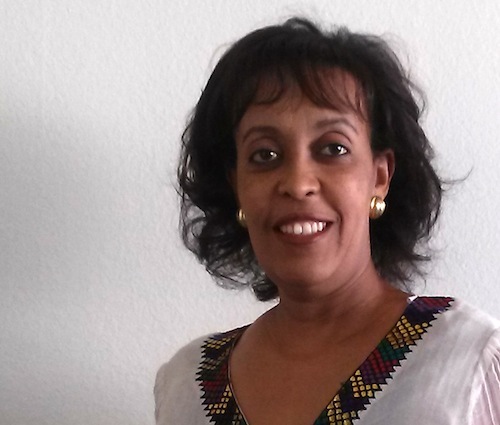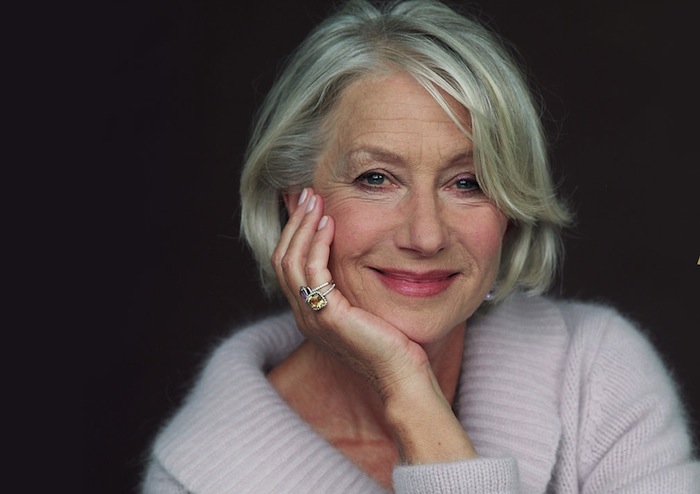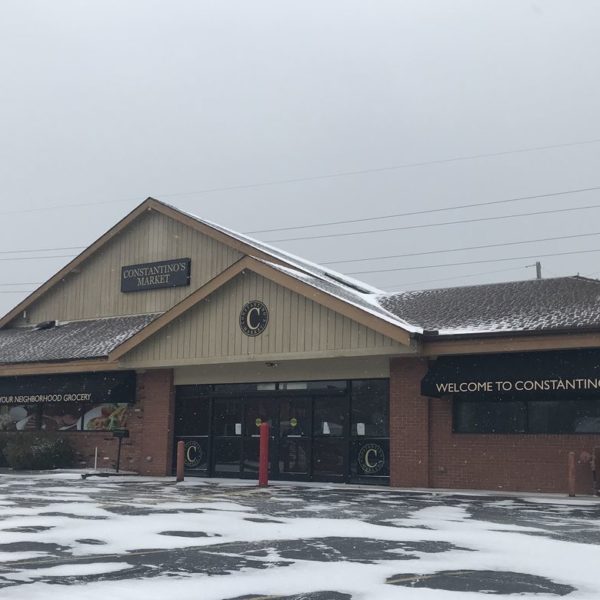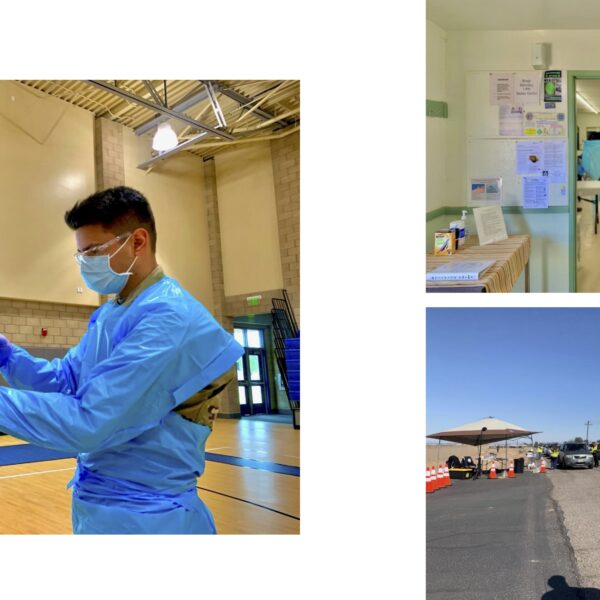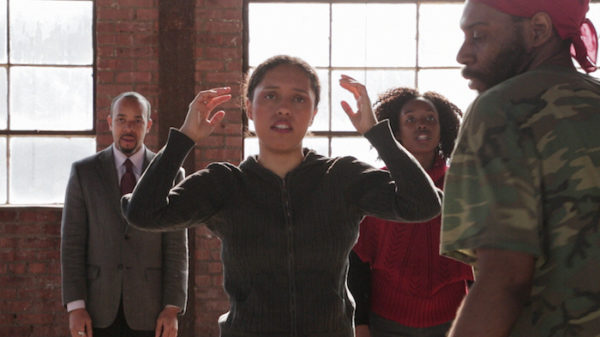The Immigrant Experience, Byline from Julian Do for The Immigrant Magazine
LOS ANGELES–Until last spring, Tesfaldey Meshesha and his wife, who came to the United States from Ethiopia in 2008, used to be regulars at Hayim Tovim Adult Day Health Care center located in the heart of the Little Ethiopia along Fairfax Avenue in Los Angeles. Here, they joined the aerobic dancing, socialized, lunched with friends and received medical check ups.
But these days, Meshesha, 76, the former manager of Wonji Shoa Sugar Factory, one of Ethiopia’s largest of its kind, comes alone, as his wife has contracted bone cancer.
“No matter what, my wife has to be taken care of by me at home. Transferring her to a nursing home would be unthinkable because I don’t think any nursing or hospital facilities here can provide our cultural ways of respect and dignity to the elders,” said Meshesha with tears in his eyes. He was polite but clearly didn’t want to talk about his wife’s illness further.
A Taboo Subject
Selamawit Halieselassie, founder and director of the nonprofit Helping Hands for the Ethiopian Community, explained that in the Ethiopian culture, even when a patient is suffering with pain or has signs of reaching the end of life, one just doesn’t talk about it. It’s a taboo.
She acknowledged that from a realistic perspective, it’s as if everyone is in denial. But if you bring up the topic even among family members, the inference is that you are wishing the patient to depart from this life sooner.
“In our culture, family is above everything, and the children have the duty to take care of their parents when they are old,” said Halieselassie. She is also the executive secretary of the Hayim Tovim center, which serves not only seniors from the Ethiopian community, but also Persians, Turkish, Jews, and Arabs from all walks of life and faiths.
Karl Steinberg, MD, chief medical officer of Shea Family Health in San Diego, stressed, “What many families don’t know is that their loved ones could continue the curative treatments while receiving palliative care, which is designed to provide comfort care for people with serious illnesses. Those who preferred to be surrounded by family members can set up palliative home care.”
“But to receive curative and palliative care simultaneously, family members would have to have this conversation openly and in advance. Not when it’s too far down the line to make any difference,” added Steinberg, who is also vice chair of the Coalition for Compassionate Care of California.
The Palliative Care Team
Palliative care is specialized medical care provided by a team of doctors, nurses and other specialists, such as social workers and chaplains. It’s designed to improve the quality of life for both the patient and the family members through management of pain and stress. Palliative care is appropriate for seriously ill people of any age and regardless of illnesses.
In fact, a 2010 New England Journal of Medicine study shows that lung cancer patients, who were given palliative care early, actually experienced a better quality life and even lived up to three months longer.
Hospice care, on the other hand, is end-of-life medical care for that focuses on comfort caring, not curing, and is the next step following curative and palliative treatment. Hospice, only for those with less than six months to live, is also often provided at home and is therefore ideal for cultures like the Ethiopian that prefer to be surrounded by family members in the final days. Both palliative and hospice care are covered by Medicare, Medicaid, as well as most insurance plans and managed care organizations, like HMOs.
“Our palliative care team interacts with not just the patients, but also their family,” said Bradley Rosen, MD, at Cedars-Sinai Hospital in Los Angeles. “Family members are as important as the patients. So we work with the whole family every step of the way from treatment to social work and even meeting the family’s spiritual needs. We try to improve the quality of life of the patient and help the family cope with stress in their difficult times.”
Many Ethiopian Immigrants Over 60
“Death and dying and caring for the elders,” said Elias Wondimu, an Ethiopian journalist and publisher of Tsehai Publishers based at Loyola Mary Mount University in Los Angeles, “are really new topics for Ethiopian Americans because it’s only recently that the first wave of Ethiopian immigrants have aged beyond 60 years old.”
Wondimu adds that most first-generation Ethiopians think their stay in the U.S. is only temporary, as many believe they, somehow, would eventually go back to their homeland.
As part of the exodus from Ethiopia that began in mid-1970s, when the ancient monarchy was overthrown, Ethiopian Americans today numbered nearly a half million with the largest group of 250,000 living in the Washington D.C., and nearby Virginia and Maryland. In Los Angeles, the Ethiopian community is about 96,000.
“It’s normal for many aging and terminally ill Ethiopian Americans to go back to their birthplace to spend their last years,” said Haileselassie. “They wanted to be surrounded by extended family members and friends, and their departure would be in proper religious and cultural rites. If going back to Ethiopia were not possible, they would have to be cared for by their children even if it meant someone had to sacrifice his or her job to stay at home.”
But Girmay Kidane, 72, said he wouldn’t mind going to a nursing home, if his medical conditions required him to do so. Kidane, an Ethiopian-born retired apartment manager, who fixes computers in his spare time, said his home now is America. His six children have also set roots here with families of their own.
Because he has diabetes and multiple other health issues, such as psoriatic arthritis, colon and back problems, he must remain in the U.S. for medical treatment.
‘I Want to Be Prepared’
“Seven years ago, I was in a coma. My family suffered a lot. God has given me a second chance,” said Kidane, referring to his miraculous survival when he came out of the diabetic-induced coma that lasted nearly 10 days.
While driving on an errand, suddenly everything just blacked out and he lost the control of his car, which rammed into a nearby tree. Luckily no one else was hurt. On day one of his coma, Kidane’s doctor had advised his family to prepare funeral arrangements.
“I am Orthodox Christian like most Ethiopians. I want my departure to be dignified,” Kidane said.
“My greatest concern is to be a burden to family. With this second chance, I want to be prepared,” Kidane said. “Now I learn that the palliative care doesn’t violate any part of my religion or culture and reduce stress for my family. I am interested.”
Haileselassie and Farrah Zadeh, the Iranian-born social worker at Hayim Tovim, admit that it’s only now that they have heard about palliative care, which seems so appropriate for their diverse seniors. As a result, they want to make sure information about palliative and hospice care is available to everyone at their center and their families.
Julian Do wrote this article for The Immigrant Magazine with support from a New America Media fellowship, funded by the California Health Care Foundation.

